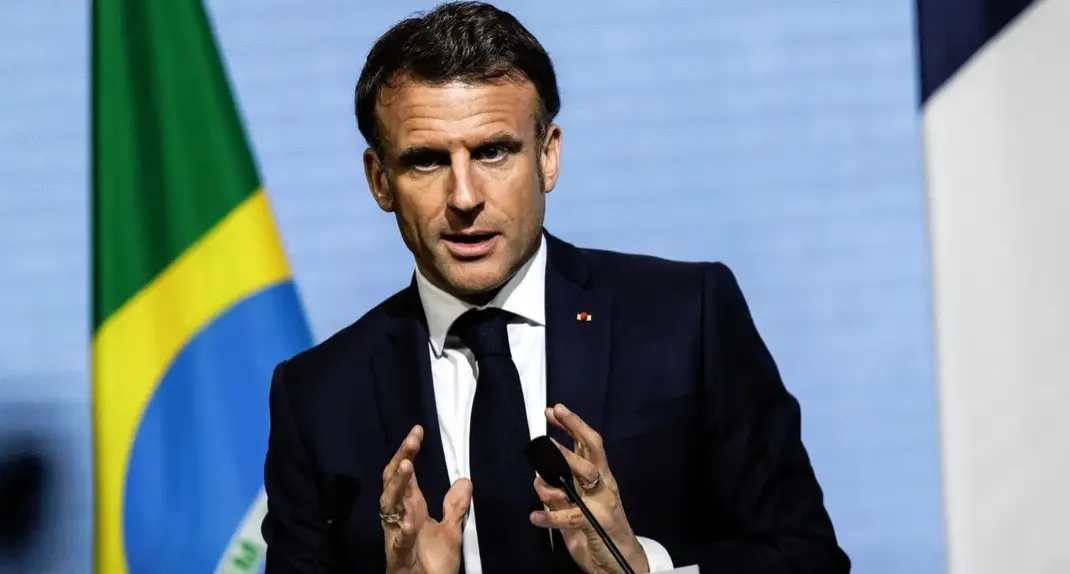Sao Paulo, March 27, 2024, The Europe Today: French President Emmanuel Macron delivered a pointed critique of the proposed trade deal between the European Union and South America’s Mercosur bloc, labeling it as “very bad” for both parties during his visit to Brazil. Addressing a business forum in Sao Paulo, Macron emphasized the urgent need to overhaul the outdated agreement to address contemporary challenges, particularly those related to climate change.
“The trade deal with Mercosur as it is being negotiated now is a very bad deal. For you and for us,” Macron asserted, highlighting the agreement’s origin two decades ago and stressing the imperative to reconstruct it in alignment with current realities.
Macron’s remarks underscored his steadfast opposition to the Mercosur-EU agreement, a stance that distinguishes him as the most vocal critic among European leaders. Central to his reservations is the insistence that any trade deal must ensure parity in environmental and health standards between South American producers and their European counterparts.
Expressing skepticism about the viability of reviving the existing agreement, Macron articulated the need for a comprehensive restructuring that incorporates considerations for diversity, climate, and biodiversity. He emphasized the absence of such critical factors in the current negotiations, calling for a revamped deal tailored to the needs of a new generation.
“We need to rebuild it as the world is now. It is important to take diversity and the climate into account, and those are not being considered,” Macron asserted, advocating for a responsible trade agreement that prioritizes development while safeguarding environmental interests.
In delineating his vision for a reimagined pact, the French president advocated for clauses that facilitate reciprocity and promote sustainable economic practices. He emphasized the necessity of crafting a trade deal that reflects the evolving global landscape and underscores shared commitments to environmental stewardship and equitable development.
As Macron’s visit to Brazil underscores the complexities surrounding international trade negotiations, his unequivocal stance serves as a clarion call for a more nuanced and conscientious approach to trade agreements, one that reconciles economic imperatives with environmental imperatives.


